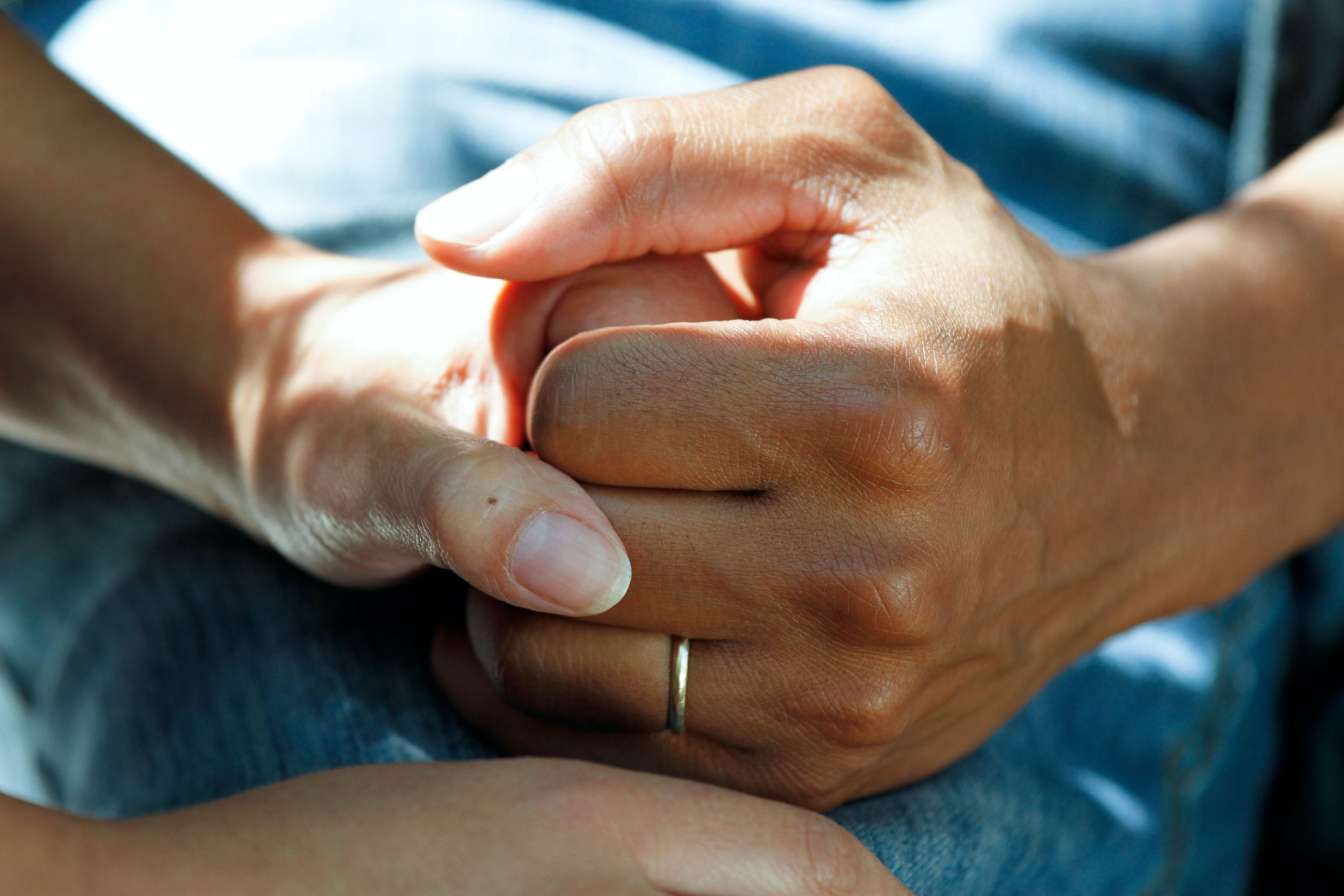Supporting Survivors in Relationships

TRIGGER WARNING: Talk about surviving sexual assault. If this blog is triggering and you need someone to talk to immediately go to the National Support Hotline.
Navigating a sexual relationship when one partner has a history of sexual abuse requires empathy, communication, and trust. Here are some steps to consider:
• Open Communication: Establish a safe and non-judgmental environment for discussing past experiences and boundaries. Encourage your partner to share their feelings and preferences.
• Consent and Boundaries: Always prioritize consent and establish clear boundaries. Make sure both partners feel comfortable and respected in every sexual encounter.
• Take It Slow: Go at a pace that the survivor is comfortable with. Avoid rushing into sexual activities and allow them to set the tempo.
• Seek Professional Help: Consider therapy or counseling, both individually and as a couple, to address the emotional impact of past trauma. A therapist can provide guidance and support.
• Educate Yourself: Learn about the effects of sexual abuse and how it can impact survivors’ intimacy and relationships. Being informed can help you better understand and support your partner.
• Be Patient and Supportive: Understand that healing is a process, and there may be times when your partner needs to pause or step back from sexual activities. Offer patience and support during these moments.
• Self-Care: Both partners should prioritize self-care and self-awareness. Taking care of your own mental and emotional well-being is essential for a healthy relationship.
• Avoid Triggering Situations: Be mindful of potential triggers for your partner and avoid situations or activities that may cause distress.
• Respect Their Choices: Ultimately, respect your partner’s choices and decisions regarding their own body and comfort level. Never pressure or coerce them into any sexual activity.
• Reassure Love and Affection: Show your love and affection outside of sexual situations to reinforce the emotional connection in your relationship.
Remember that every survivor’s experience is unique, and what works for one couple may not work for another. Patience, empathy, and ongoing communication are key to supporting your partner and maintaining a healthy sexual relationship. Consulting with a therapist or counselor experienced in trauma and relationships can provide valuable guidance.
If you are looking for sex therapy for your relationship in Loveland, CO or surrounding areas, contact me! I can also offer online therapy for the state of Colorado and Wyoming. Let’s get started on creating a more connected and safe relationship!


